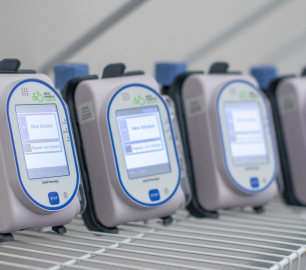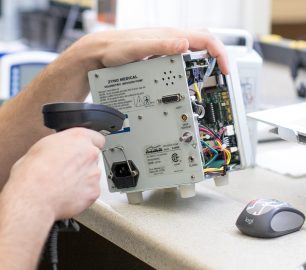Infusion errors have been one of the most common types of errors in hospitals for years. Many believed that ‘smart’ pump technology was the answer, and while technological advances have certainly reduced errors, a recent multihospital study published in BMJ Quality & Safety showed that technology alone is not enough.
The study revealed that more than half of IV medications contained errors, the majority of which were due to deviations in clinical practice. While most of these errors had a low risk of patient harm, there is clearly room for improvement.
The good news is smart pumps really have reduced adverse drug events and medication administration errors through built-in safety features. The fact that most errors are now related to clinical practice points to the effectiveness of those safety features rather than the ineffectiveness of clinicians (violations of IV labeling and tubing change policies accounted for approximately 65% of observed mistakes).
The study highlights the importance of interoperability (creating a closed-loop system with patient EHR) as a next step in pump design, and that certainly sounds beneficial, but if the majority of errors are clinically driven, further technological advancements will produce marginal improvement at best.
At what point should the focus move from technology back to people?



